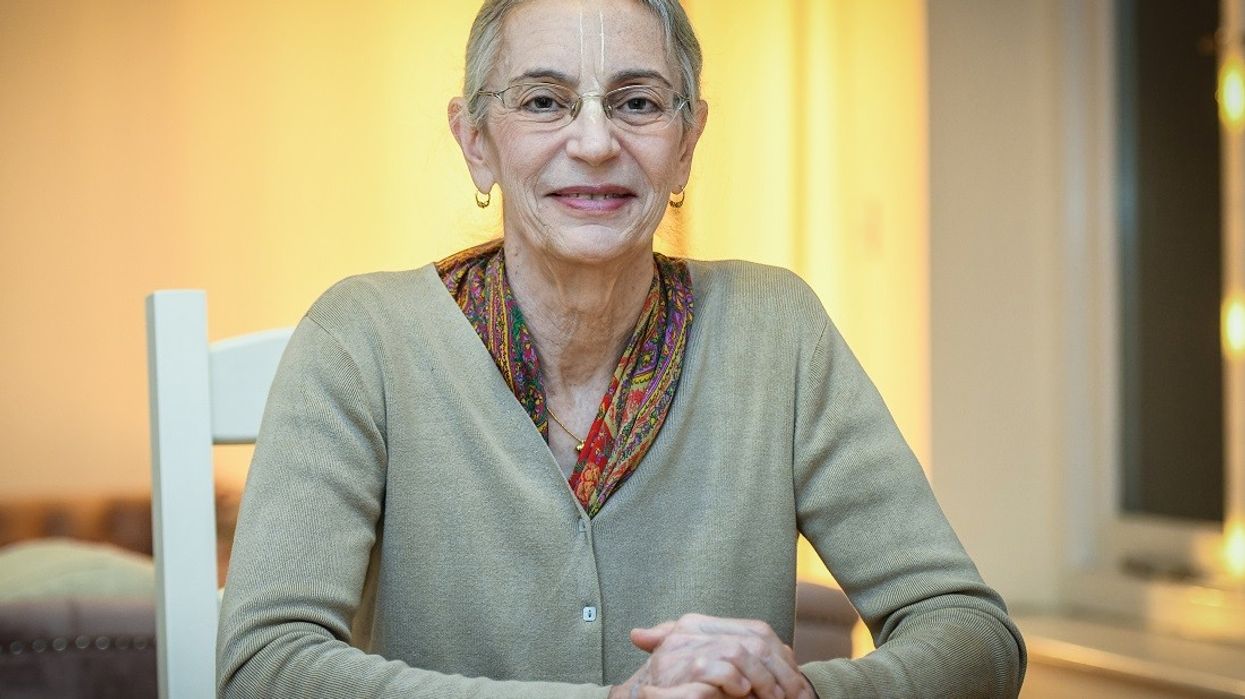THERE is a vast difference between surviving and living. Animals survive; they find food, they mate, they rest and they protect them selves from predators. And to help them survive, animals reason, too.
Only humans, however, have the intelligence to think about matters beyond mere survival. Hu mans can ask “why?” and “how?” and “what for?” The responses to these questions are meant to provide a rich and nuanced tapestry in which we can live full, meaningful and rewarding lives – a tapestry in which we don’t simply survive, but truly flourish.
The result of our ability to apply knowledge to manipulate our environment and to think ab stractly is civilisation, with all its multifarious accoutrements and implications, as well as its manifold and serious problems.
Today, we’re facing egregious problems that we’ve brought down on our own heads. In our unending quest for increased comfort, convenience, entertainment, distraction, security and in novation, we’ve altered our environment and our mentality, mostly for the worse. Deadly pollution, stress, climate warming, exploitation, addiction, brutal wars and more are evidence that we’re dreadfully misusing our intelligence.
In the Bhagavad Gita, Sri Krishna expresses it bluntly: “Living only for the satisfaction of the senses, a person lives in vain.” (Gita 3.16)
We’re all grateful for tasty meals and good entertainment, a compatible spouse, a beautiful home and an ample bank account.
Yet, living is something far greater than being comfortable and secure while we please our senses of taste, touch, smell, sight and hearing.
. In the deepest part of ourselves, we know this. That’s why we feel dissatisfied and vacuous even after we’ve achieved enviable material success and security.
Krishna puts it this way: “An intelligent person does not take part in the sources of misery, which are due to contact with the material senses. Such pleasures have a beginning and an end and so the wise man does not delight in them.” (Gita 5.22) Our intelligence – indeed our very lives – are meant for much more than any form of mate rial success.
How shall we best use our intelligence? In the Gita, Krishna responds to that question by encouraging us to go beyond our intelligence.
High er than our senses, which are superior to dull matter, is our mind, but intelligence is higher than the mind, and the atma or soul is even high er than intelligence. (Gita 3.42) Our intelligence is meant to probe into our higher identity, the soul or atma.
Although we say “our” intelligence, we can understand that since we didn’t create our intelligence or bestow it upon ourselves, it really isn’t “ours” at all; rather, whatever intelligence we have is a gift.
And for those of us who accept spiritual teachings, that gift is not the product of blind evolution, but is god-given. Whatever intelligence we may have is the grace of Lord Krishna.
When we use our intelligence materially, everything we do, without exception and regardless of how “successful” it appears, will eventually be annihilated by the force of time.
Just as a child builds an elaborate sand castle on the beach with great endeavour and skill – only to watch it get washed away when the tide rises – similarly, we build great edifices that disintegrate in due course of time.
The same fate awaits our fame and fortune, our beauty, knowledge and strength.
His Divine Grace AC Bhaktivedanta Swami Prabhupada, the founder of the International Society for Krishna Consciousness (the Hare Krishna movement), points out that centuries ago, Ro mans constructed big buildings that are simply ruins today.
Now, our generation has created more big buildings.
But just like children playing on the beach and then leaving for an unknown destination, we come here, create something with great effort and expense, then die and nobody knows where we’ve gone.
This is called a misuse of human intelligence.
In Srila Prabhupada’s words, “They simply spoil their intelligence by amassing the external resources of material nature; then they leave that platform and go away to take birth in some other form of life. Everything they’ve done is forgotten, just like dream. This is going on.
They cannot understand that it has no value.” (Morning walk in Rome, May 29, 1974) Krishna calls upon us to use the human intelligence he’s blessed us with to make a permanent difference for ourselves and others.
Along with engaging our intelligence materially to survive in this world, we must also engage it spiritually, for this affords us permanent life in the eternal world. How can we do this? At the end of the Bhagvad Gita, Krishna explains how: “I declare that he who studies this sacred conversation of ours worships Me by his intelligence.” (Gita 18.70) We can absorb our minds in Krishna’s eloquent and relevant words in the Bhagvad Gita and feel ourselves gradually becoming spiritually alive.












